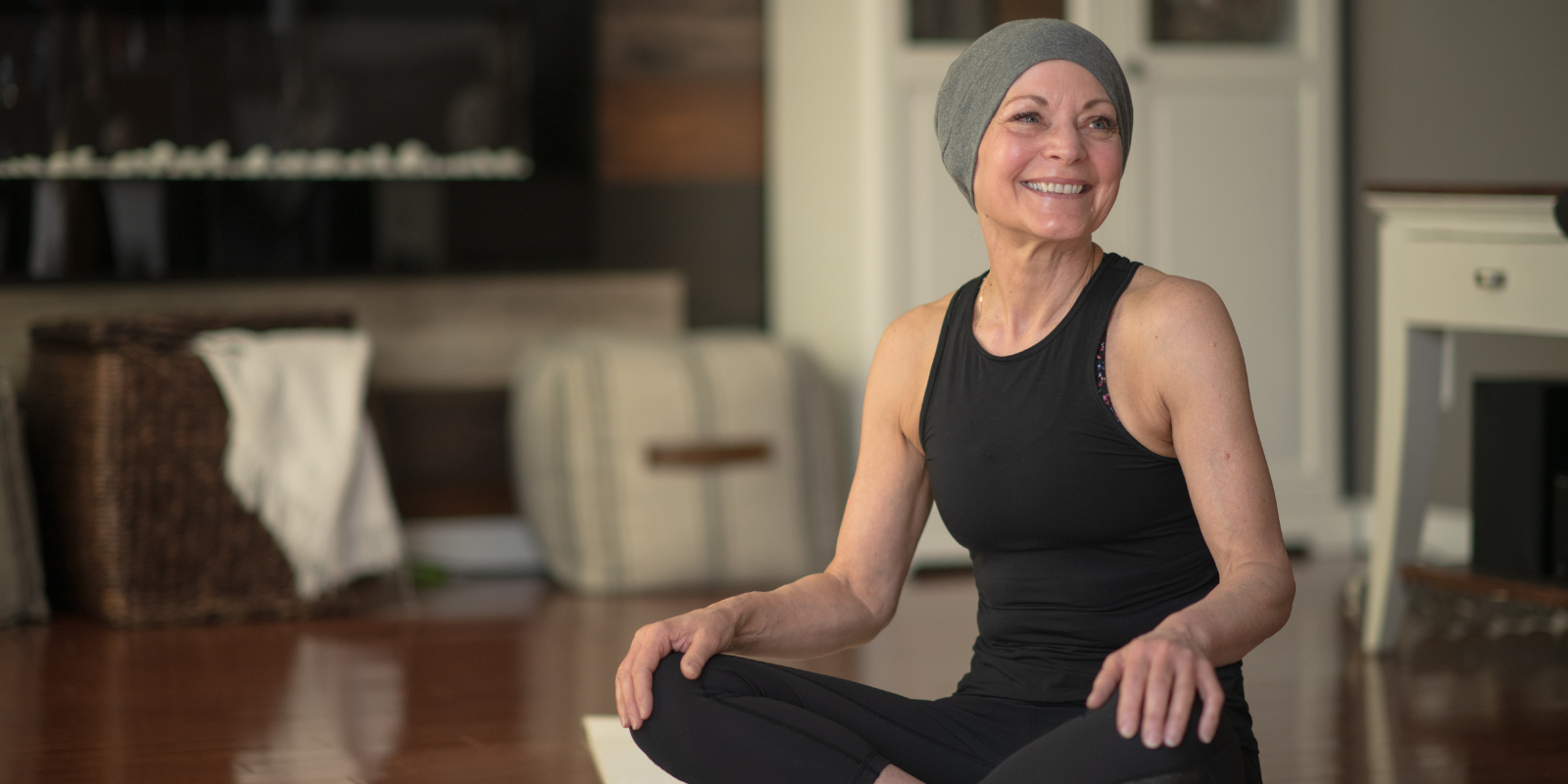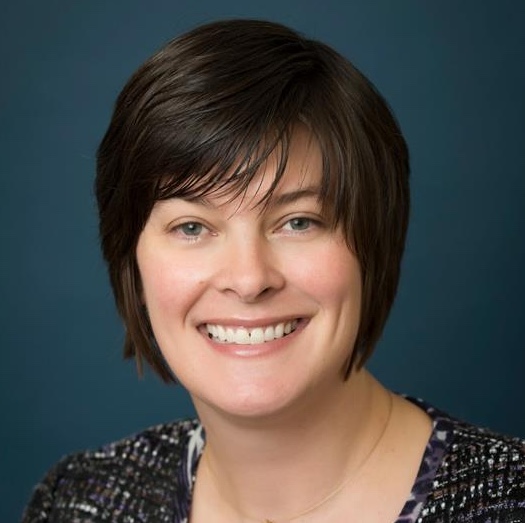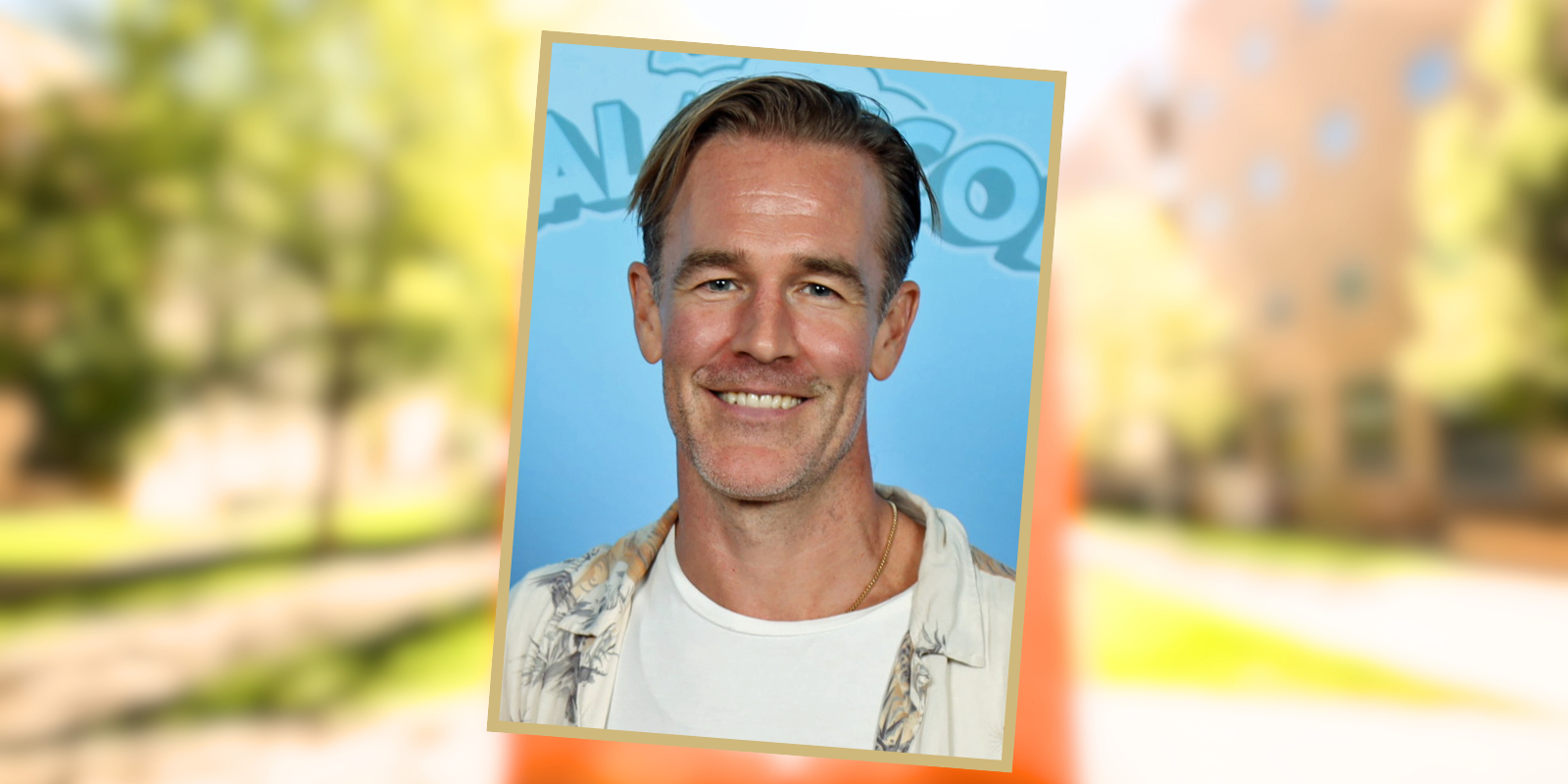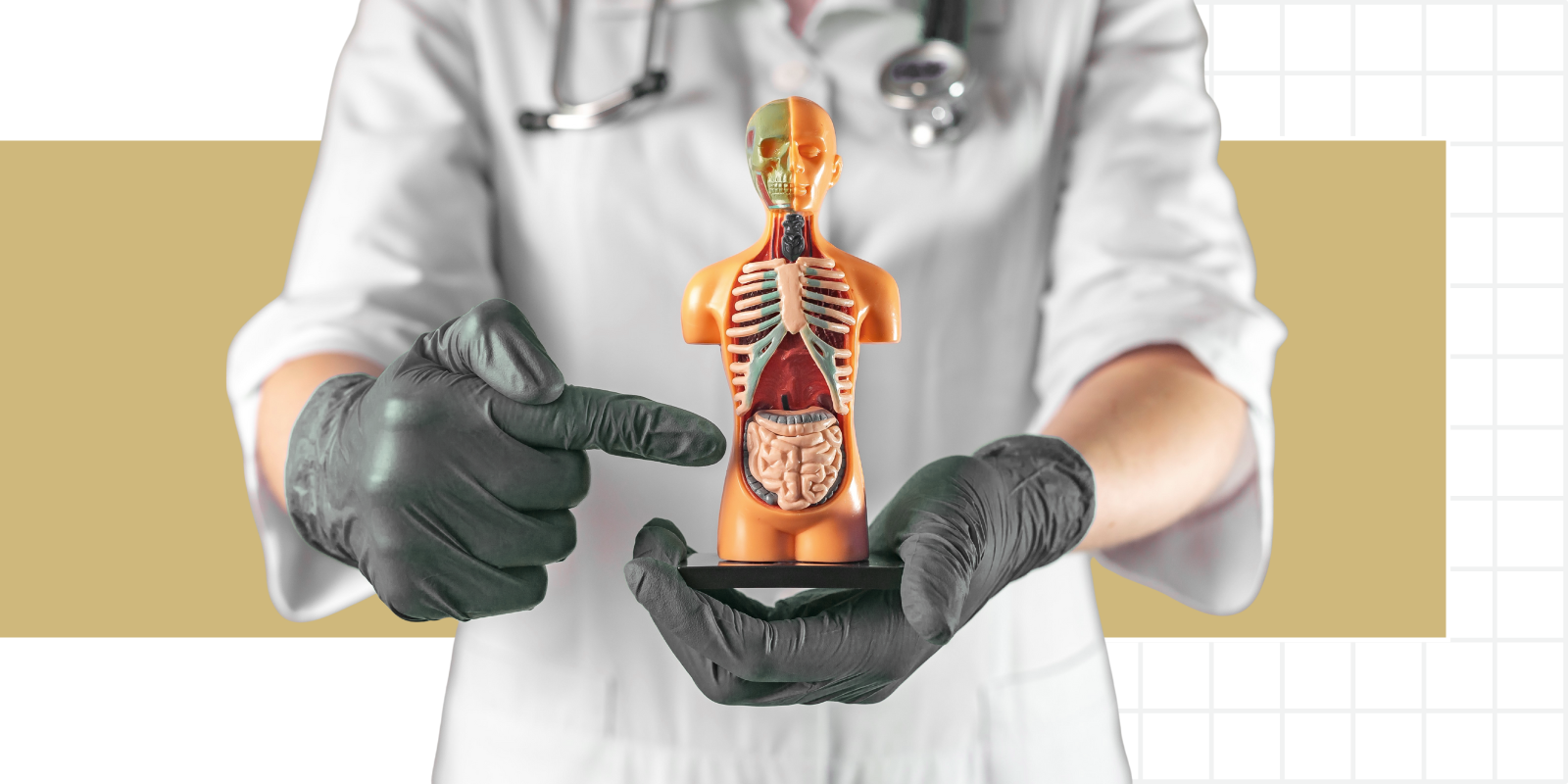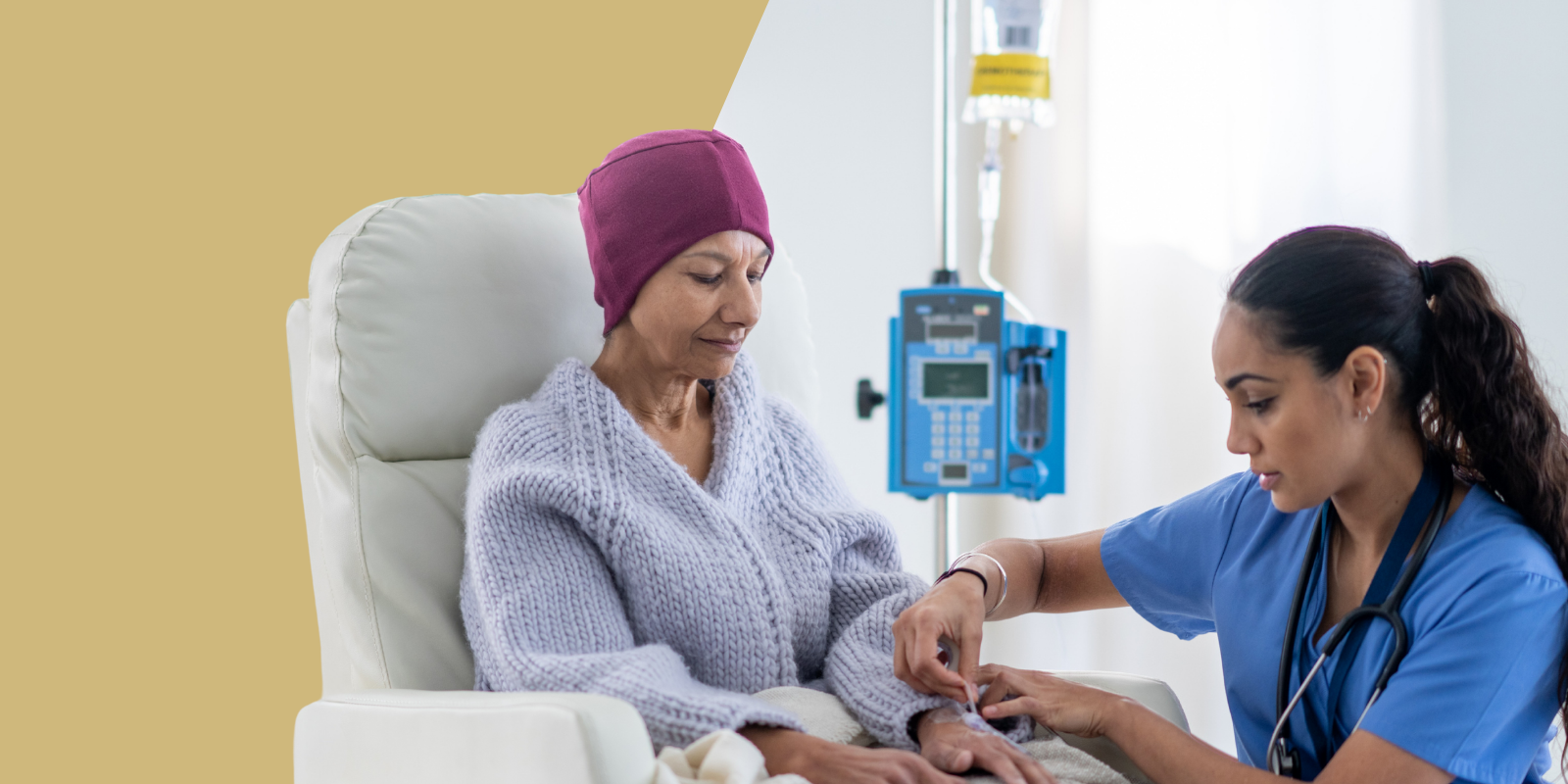What's typically the frame of mind of people who are making the transition to post-treatment?
It's pretty individual. Some people feel great and have a new lease on life, and for other people, things look different. Their relationships have changed, their finances have changed, and it's challenging. They may be dealing with fatigue, brain fog, neuropathy, sexual problems, and other side effects from immunotherapy or chemotherapy.
What are some of the most important aspects of life post-treatment?
It’s important for them to stay active with their primary care team, making sure they're working on heart health and continued health maintenance, continuing to be screened for other types of cancer. It’s important to make sure they're staying active, that they're getting exercise or are out moving muscles, because that can help with the fatigue. Sometimes, getting them reconnected with friends and different activities is important, because they may not have been able to be with family, friends, and coworkers during treatment.
It's also about trying to normalize the fact that things have changed to some degree, but it’s a pivotal time for them to move forward. It’s important to realize that everyone does that differently. Not everybody wants to be called a survivor and wear pink. A lot of people just want to put that book back on the shelf and go back to running marathons or hanging out with their grandkids at the pond. Whatever is most important to them, it’s thinking through how they can get back to that, if they took time away.
What programs does the CU Cancer Center offer for people entering that post-treatment period?
We have a fitness program called BfitBwell, a 3-month long individualized exercise program for individuals diagnosed with cancer who are currently going through treatment at the University of Colorado Cancer Center or no more than six months post-treatment.
Many people undergo oncology counseling with Erin Baurle, PsyD, or do cancer rehab with Franchesca König, MD. People take part in the research studies looking at nutrition and weight. We also connect them with different resources in the community, like Live by Living, which takes people hiking, whether it's around a lake or climbing a 14er over the course of the summer. And there’s Epic Experience, a cancer camp for adults so they can spend a week doing different activities with different people who really understand what they've been through.
What is the counseling program led by Erin Baurle?
It’s oncology counseling with CU psychologists and social workers who spend time with people and provide one-on-one individual counseling as appropriate. They also have some great resources in terms of sleep groups, mindfulness, and stress management, as well as some classes, including a men’s sexuality program for people who have been treated for prostate cancer.
What about the rehab program with Dr. König?
Franchesca König is a physical medicine and rehab physician who joined the CU Cancer Center in 2022 after being trained at Memorial Sloan Kettering. She helps people with fatigue, neuropathy, weakness, and joint and bone pain — any musculoskeletal, neurological, or functional conditions — helping them to get moving again.
→ Cancer Physical Medicine and Rehabilitation an Important Aspect of Patient-Centered Care
How important is proper eating and nutrition after someone has finished cancer treatment?
There’s no one magic herb or supplement that can make cancer disappear or never return, but the American Institute for Cancer Research stresses a colorful diet based on a lot of fruits and vegetables. There's been work published in JAMA about the Mediterranean diet in women with breast cancer. We work to connect people with these resources and with UCHealth nutritionists, just to say that what you eat matters, and whenever possible, try and choose more fruits, more vegetables, less meats, less processed foods, less alcohol.
What have you seen change in the world of survivorship in the time you have been involved in the field?
There’s now a whole group of people who live with metastatic disease for the rest of their life. I connect with a lot of people for curative intent treatment, but in the past 20 years, we've seen some absolutely amazing treatment advances. People with metastatic lung cancer, metastatic melanoma, are living for years with their disease. Why do we help them live well? Because they’ve got stuff to do.
